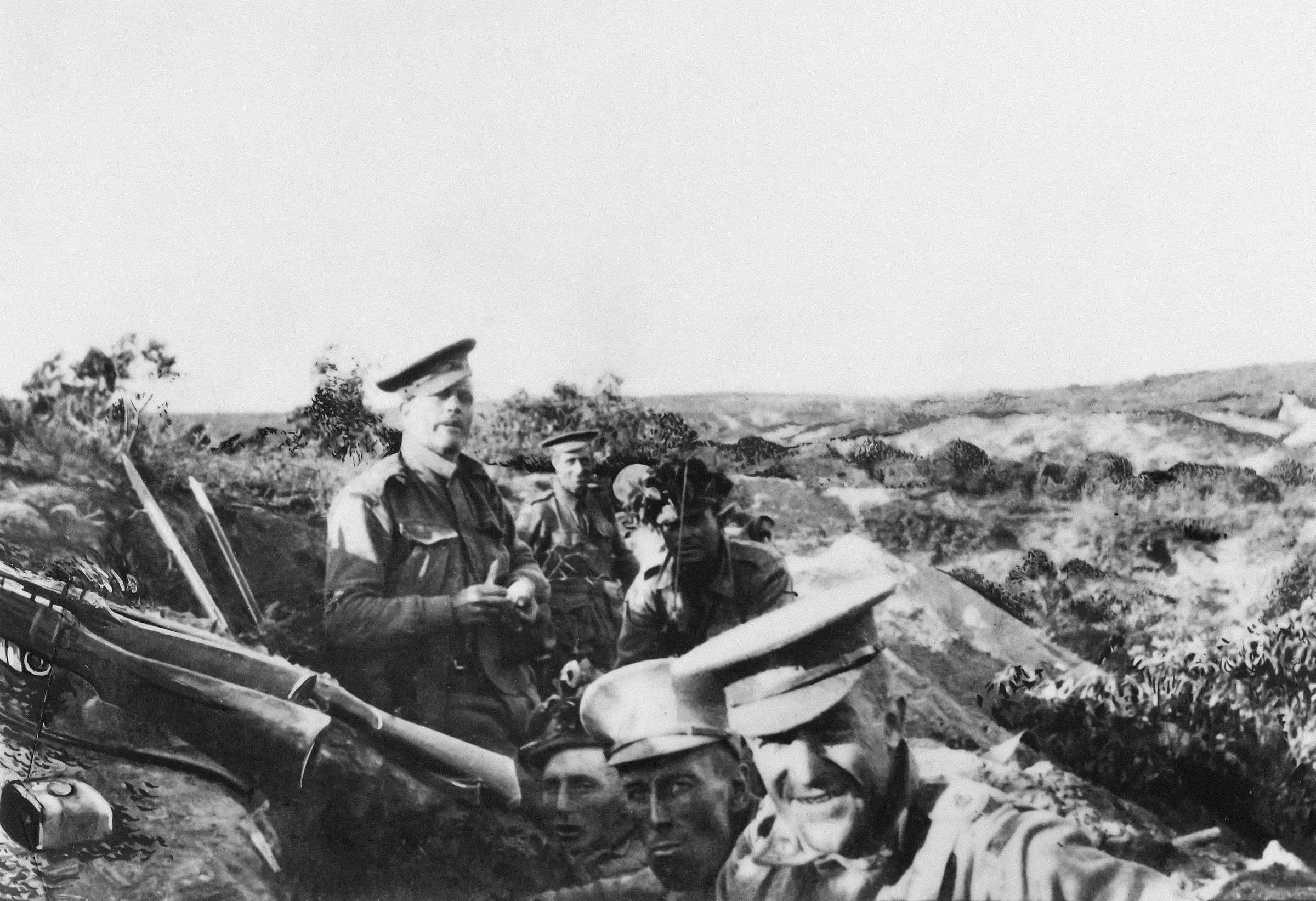From Ultimatum To Surrender: Unraveling The Intricacies Of The Shortest War In History

In the vast tapestry of historical conflicts, the brevity of some wars often escapes our attention. One such blink-and-you'll-miss-it moment in history occurred on August 27, 1896, when Britain and Zanzibar engaged in the shortest war ever recorded. Lasting a mere 38 minutes, this historic clash defies conventional notions of warfare.
Let's dive into the intriguing details of this ephemeral yet significant episode.
Setting the Stage
In the late 19th-century African geopolitical landscape, colonial powers vied for dominance, creating an intricate mosaic.
Zanzibar, situated off the eastern coast, became a focal point of imperial competition. The demise of Sultan Hamad bin Thuwaini in 1896 ignited a succession dispute, with pro-British Sultan Khalid facing off against anti-British Sultan Khalifa.
The British Empire, ever-vigilant in safeguarding its strategic interests, threw its weight behind Sultan Khalid. Simultaneously, the protracted interference of European powers in African affairs had ignited a powder keg of tension.
The Flashpoint and the Conflict
As political tension escalated, the British issued an ultimatum to Sultan Khalifa, demanding his abdication. The ultimatum set the stage for an ominous countdown. When the deadline passed without compliance, the British unleashed their military might.
At 9:00 AM on that fateful August morning, British warships, including the renowned HMS St. George, HMS Racoon, and HMS Sparrow, positioned themselves off the coast of Zanzibar. Their cannons were trained on the Sultan's palace, marking the initiation of the shortest war in history.
The Zanzibari defense, primarily consisting of antiquated weaponry and a modest force, stood little chance against the technological superiority of the British navy. The conflict unfolded with astonishing speed as the bombardment commenced, reducing the Sultan's palace to rubble within minutes.
The Surrender
By 9:38 AM, a mere 38 minutes after the first shot was fired, Sultan Khalifa surrendered, marking the abrupt end of hostilities. The British, having decisively asserted their dominance, installed Sultan Khalid, the preferred candidate, as the ruler of Zanzibar.
Unpacking the Shortest War
The brevity of the Anglo-Zanzibar War raises intriguing questions about the nature of conflict and the power dynamics of the time. This lightning-fast intervention showcased the overwhelming military capabilities of the British Empire, serving as a stark reminder of the asymmetry inherent in imperialistic endeavors.
Although the war in Zanzibar was brief, its impact extended well beyond the island's boundaries. The conflict underscored the efficiency with which colonial powers protected their interests, frequently disregarding local autonomy. This episode encapsulates the broader imperialistic narrative that characterized the late 19th century.
As we reflect on the curious case of the shortest war in history, the clash between Britain and Zanzibar in 1896 invites us to delve deeper into the complexities of colonialism, power dynamics, and the enduring legacy of swift military interventions.
In the span of 38 minutes, a chapter was written that continues to captivate historians and enthusiasts alike, underscoring the old adage that in the theater of war, timing is indeed everything.
.jpg)
